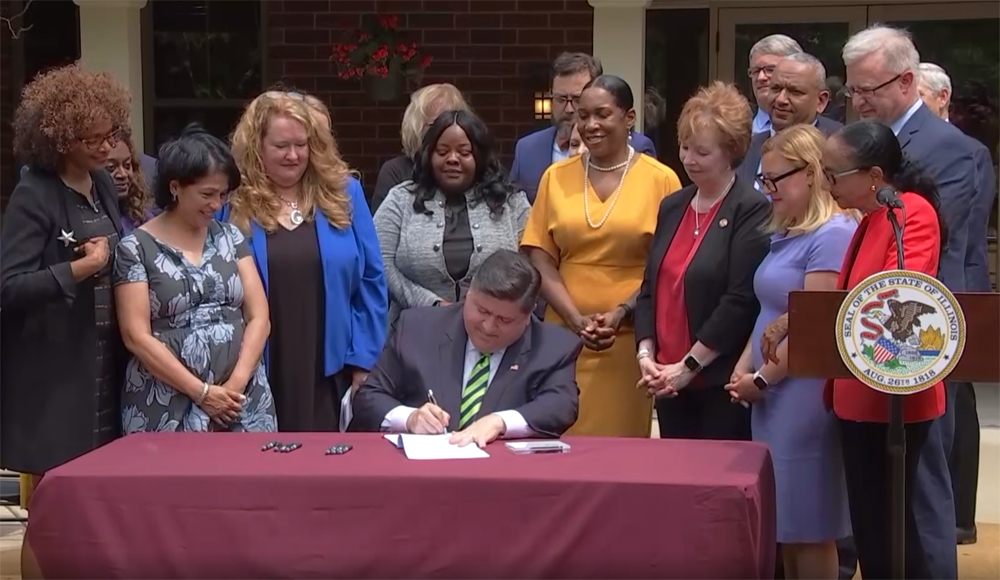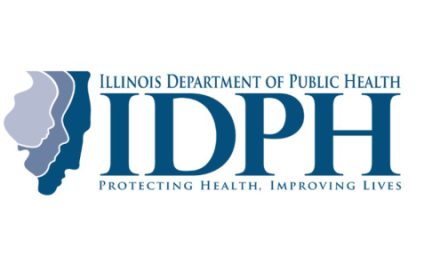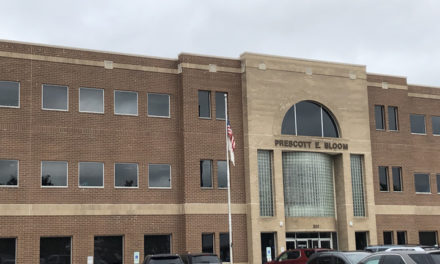
Pritzker signs nursing home rate reform into law

Gov. JB Pritzker on Tuesday signed off on a plan to reform how nursing homes are funded in Illinois.
The law phases in a patient-driven payment model and allocates dedicated funding for staffing increases and workforce transformation. It also rewards providers for achieving higher levels of care and boosts wages for certified nursing assistants.
“Today we take a giant leap forward in delivering the care, dignity and respect that our valued seniors deserve,” Pritzker said during a bill signing in Chicago.
The plan goes into effect July 1, pending federal approval.
Illinois will invest more than $700 million in Medicaid funding in the nursing home industry through a combination of new revenues generated by changes to the existing nursing home assessment tax and additional allocations from general revenue funds.
The payment model would be phased in over 15 months. Nursing home staff with at least one year of experience will see wages increase by $1.50 per hour. Pay will increase by $1 per hour for each year of experience, topping out at a $6.50 per hour increase for those with six or more years of experience.
Providers operating or maintaining a facility will be required to notify the state of all individual owners and any individuals or organizations that are part of a limited liability company with ownership of that facility and their percentage of ownership.
“This new law will provide the tools needed to ensure that nursing home owners are not putting profits over people because it puts in accountability for owners of those facilities to drive equity for the residents living there,” said Department of Healthcare and Family Services Director Theresa Eagleson.
HFS spends over $2.5 billion annually to care for the roughly 45,000 nursing home residents enrolled in Medicaid, accounting for nearly 70 percent of nursing home residents in Illinois.
Lawmakers on Tuesday said the COVID-19 pandemic exacerbated long-standing issues in the nursing home industry, for facilities and their staff.
“This legislation is a win for nursing home staff as well. They have been historically overworked and underpaid for their critical service,” said Rep. Anna Moeller, D-Elgin. “They will now be compensated for their hard work and dedication.”
Nursing home representatives also praised the law, saying payment reform was long overdue.
“Our goal here was to improve the care of the residents of Illinois by having a Medicaid system that incentivizes staffing and outcomes while strengthening our workforce,” said LeadingAge Illinois CEO Angela Schnepf. “This does that. This maximizes the amount of federal funding to the state in Medicaid dollars and these are dollars that communities are in desperate need of to better serve the Medicaid population.”
“The infusion of funds will help to stabilize the industry, provides a fair and equitable reimbursement rate for all providers, and targets relief to low-income and rural areas,” the Health Care Council of Illinois said in a statement. “These changes will ensure the continuity of care for our patients and save important jobs.”
Matt Hartman, executive director of the Illinois Health Care Association, said Illinois is “poised” to become a national leader in how long-term care is provided.
“These sweeping reforms to the long-term care reimbursement system provide sorely needed support for quality long-term care providers, while appropriately refocusing that reimbursement on staffing supports, quality measures and, most importantly, positive resident outcomes,” he said.









